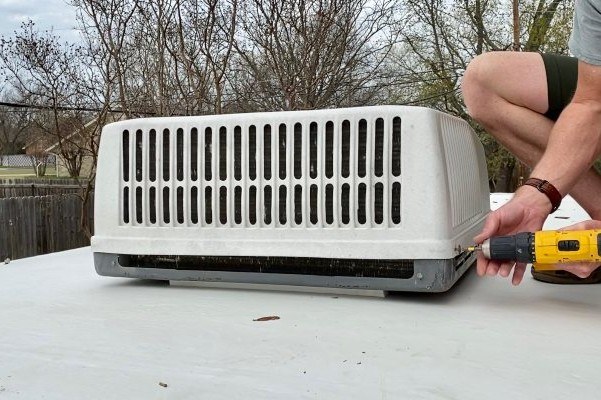When it comes to understanding air conditioning systems, knowing the concept of BTU is crucial. In this enlightening article, we’ll introduce you to the world of BTUs, explain their significance in air conditioning, and help you grasp the key role they play in keeping your indoor spaces comfortable.
Breaking Down BTU: British Thermal Unit
BTU stands for British Thermal Unit, and it’s a fundamental unit of measurement for energy. Specifically, BTUs measure the amount of heat required to raise the temperature of one pound of water by one degree Fahrenheit. In the context of air conditioning, BTUs are used to quantify the cooling capacity of an AC unit.
The Role of BTUs in Air Conditioning
Air conditioner BTU rating is an indicator of how effectively an AC unit can cool a given space. A higher BTU rating signifies a more powerful cooling capacity, making the unit suitable for larger rooms or areas. Conversely, a lower BTU rating is suitable for smaller spaces. Choosing the right BTU capacity for your space ensures optimal cooling efficiency and comfort.
Factors Influencing BTU Requirements
Several factors determine the appropriate BTU capacity for your air conditioner:
- Room Size: The larger the room, the higher the required BTUs to cool it effectively.
- Ceiling Height: Higher ceilings require more BTUs to cover the increased air volume.
- Insulation and Sunlight: Well-insulated rooms and those exposed to direct sunlight may require different BTU capacities.
- Climate: Hotter climates may necessitate higher BTUs for effective cooling.
Finding the Right BTU Capacity
To determine the ideal BTU capacity for your space, consider the following general guidelines:
- 100-300 sq. ft.: 5,000 – 7,000 BTUs
- 300-450 sq. ft.: 8,000 – 10,000 BTUs
- 450-550 sq. ft.: 10,000 – 12,000 BTUs
- 550-700 sq. ft.: 12,000 – 14,000 BTUs
- 700-1,000 sq. ft.: 14,000 – 18,000 BTUs
Conclusion: Understanding Cooling Power
In the world of air conditioning, knowing what BTU stands for and understanding its implications is essential for selecting the right AC unit for your space. Whether you’re cooling a small bedroom or a spacious living room, grasping the significance of BTUs empowers you to make informed decisions that result in optimal cooling efficiency and indoor comfort.
FAQs
1. What does BTU stand for in air conditioning?
BTU stands for British Thermal Unit, a unit of measurement for energy used to quantify the cooling capacity of an air conditioner.
2. How do BTUs impact air conditioning efficiency?
BTUs determine an AC unit’s cooling capacity. Choosing the appropriate BTU rating for your space ensures efficient cooling and comfort.
3. What factors influence the required BTU capacity?
Room size, ceiling height, insulation, sunlight exposure, and climate are factors that influence the required BTU capacity of an air conditioner.
4. How can I determine the right BTU capacity for my space?
Consider room size and other influencing factors to determine the appropriate BTU capacity using general guidelines provided in this article.
Zeeshan is a seasoned tech expert and senior writer at Teckrr.com. With over 10 years of experience in tech journalism, he brings insightful analysis and up-to-date information on the latest tech trends. Zeeshan holds a MBA degree from Business and Tech University and is known for his engaging writing style and ability to demystify complex tech topics. Stay connected with the cutting-edge of technology through his expert lens.

Leave a Reply